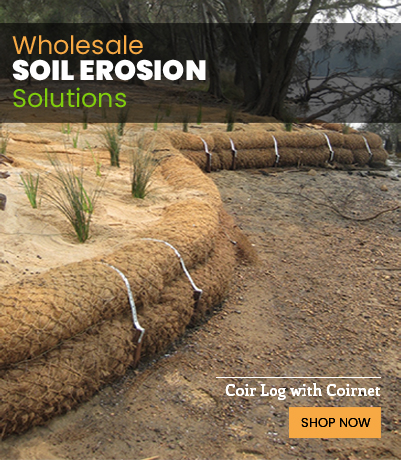When choosing insoles for your work shoes, running shoes, or everyday footwear, you’ll want something that is both sturdy and comfortable. The best insole is one that conforms to your feet and offers maximum support while withstanding whatever you put it through.
For some of us, our insoles also need to help us avoid the dreaded stinky shoe. Caused by sweat or frequent use, smelly shoes and feet can be embarrassing. Fortunately, coir insoles can help.
What Are Coir Insoles?
Simply put, coir insoles are shoe insoles that are made from a mix of coir and organic latex or rubber. Coir is the fibrous part of coconut husks, and it has been becoming more popular as a sustainable, renewable resource with many practical applications. Coir is a natural shock absorber, so, when it’s used to make insoles, it helps reduce the strain on your feet and legs.
Though a few higher-end brands have started to manufacture shoes with coir insoles, most coir insoles are sold in pairs the same way that standard insoles are sold. They can be cut to fit your shoe size without losing their integrity, and, while they may currently be more expensive than standard insoles, their benefits can’t be denied.
Why Choose Coir Insoles?
When deciding what kind of insole you want, you should look for something that fits all your requirements. Coir insoles have the same benefits as traditional insoles and also have additional benefits due to the unique nature of their material.
Coir is simultaneously naturally absorbent and moisture-wicking. If you have issues with sweating, coir insoles will help keep your skin dry by pulling away moisture. With coir’s anti-microbial properties and natural resistance to bacteria and fungus, coir insoles serve as a strong line of defense against athlete’s foot. If you work on your feet or exercise a lot, you know that athlete’s foot can be a huge problem. Coir insoles can protect you.
Coir insoles are mostly scentless and will adjust to the weather; they will keep your feet cool in summer and warm in winter and won’t retain water, which is particularly important in humid climates.
The Environmental Benefits of Coir Insoles
When you choose coir insoles, you’re encouraging shoemakers to experiment with renewable resources. Coir, which used to be seen as a waste byproduct, is a biodegradable, nontoxic option that causes little to no damage to the environment and to the workers who manufacture the insoles. In contrast, PU and EVA foam, which are commonly used in insole construction, are petroleum-based products that can create toxic fumes during the manufacturing process.
As the popularity of bio-based footwear — footwear that uses renewable, biodegradable components — continues to rise, coir insoles will become more commonly available. Though they are more expensive than standard insoles, they benefit your feet and the environment in ways that standard insoles can’t. And, though they are biodegradable, coir insoles are sturdy and won’t need to be replaced any more frequently than traditional insoles. Try coir insoles today; you’ll be pleasantly surprised when you experience their benefits.

Leave a Reply
You must be logged in to post a comment.